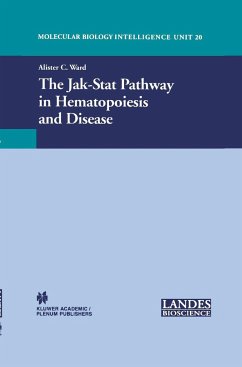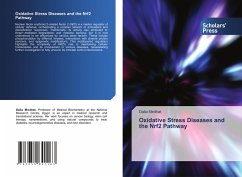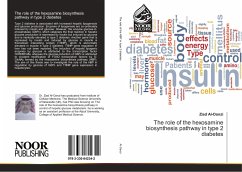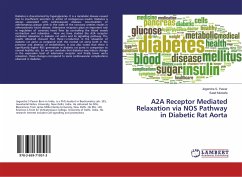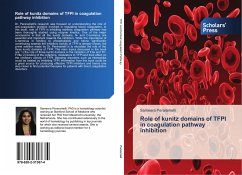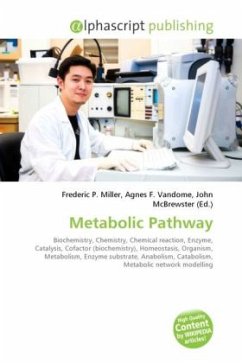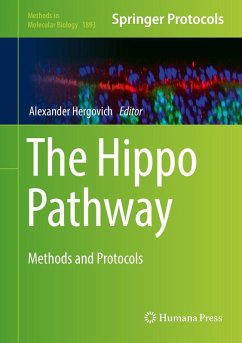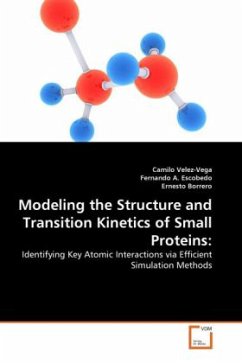
18-METHOXYCORONARIDINE AND THE HABENULO-INTERPEDUNCULAR PATHWAY
Development of new treatments for opioid addiction
Versandkostenfrei!
Versandfertig in 6-10 Tagen
45,99 €
inkl. MwSt.

PAYBACK Punkte
23 °P sammeln!
Opioid addiction is a major public health problem and the need for new efficient therapies is immense.18-Methoxycoronaridine (18-MC), an iboga alkaloid congener, has been previously shown to reduce the self-administration of several drugs of abuse, including opioids.18-MC is a potent antagonist of alpha3beta4 nicotinic receptors and this now appears to be the primary mechanism of 18-MC s action in the brain. These nicotinic receptors are present in high densities in the nuclei of the habenulo-interpeduncular pathway but not in the mesolimbic pathway, known to be involved in drug addiction.This...
Opioid addiction is a major public health
problem and the need for new efficient therapies is
immense.18-Methoxycoronaridine (18-MC), an iboga
alkaloid congener, has been previously shown to
reduce the self-administration of several drugs of
abuse, including opioids.18-MC is a potent
antagonist of alpha3beta4 nicotinic receptors and
this now appears to be the primary mechanism of 18-
MC s action in the brain. These nicotinic receptors
are present in high densities in the nuclei of the
habenulo-interpeduncular pathway but
not in the mesolimbic pathway, known to be involved
in drug addiction.This book describes the modulation
of the mesolimbic pathway by the habenulo-
interpeduncular pathway during chronic exposure to
opioids and examines the role of 18-MC, nicotinic
receptors and acetylcholine in such modulation.This
book also illustrates the contribution of the latter
pathway in 18-MC s ability to attenuate opioid
withdrawal.The findings described in the book
provide evidence that alpha3beta4 nicotinic
receptors could be a novel target for anti-addictive
therapies.The monograph should be useful to
pharmacologists and behavioral neuroscientists.
problem and the need for new efficient therapies is
immense.18-Methoxycoronaridine (18-MC), an iboga
alkaloid congener, has been previously shown to
reduce the self-administration of several drugs of
abuse, including opioids.18-MC is a potent
antagonist of alpha3beta4 nicotinic receptors and
this now appears to be the primary mechanism of 18-
MC s action in the brain. These nicotinic receptors
are present in high densities in the nuclei of the
habenulo-interpeduncular pathway but
not in the mesolimbic pathway, known to be involved
in drug addiction.This book describes the modulation
of the mesolimbic pathway by the habenulo-
interpeduncular pathway during chronic exposure to
opioids and examines the role of 18-MC, nicotinic
receptors and acetylcholine in such modulation.This
book also illustrates the contribution of the latter
pathway in 18-MC s ability to attenuate opioid
withdrawal.The findings described in the book
provide evidence that alpha3beta4 nicotinic
receptors could be a novel target for anti-addictive
therapies.The monograph should be useful to
pharmacologists and behavioral neuroscientists.




